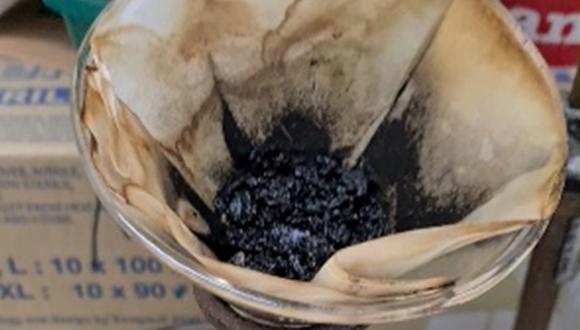דוקטורנטים מספרים - Maya Mosseri
Feasibility study of food waste utilization for Bio-fuels production using hydrothermal liquefaction process
By Maya Mosseri Ph.D. candidate
Supervisor: Prof. Alexander Golberg
Most of the municipal waste produced in the world today reaches landfills without any sorting and handling. In Israel, 80% of the municipal waste is transferred to landfills. The municipal waste contains about 44% of food waste and other organic ingredients which may be utilized to produce biofuels.
The goal of this work was to examine the feasibility of food waste model utilization, and to produce second-generation biofuels, based on the hydrothermal liquefaction process. Thus, we present a possible solution to reduce the landfill volume of municipal organic waste.
Unlike the random food waste mixtures that were used in similar research, this work used a food waste model (FWM) mixture which represents an identifiable organic part of real municipal food waste. This FWM was assembled based on a survey of the municipal waste composition (Elimelech et al., 2018), so the obtained results reflect the real potential of the identifiable organic part of the municipal waste as a biofuel.
Hydrothermal liquefaction technology (HTL) was chosen, as it can handle heterogeneous and wet biomass, thus it is suitable for food waste processing. A set of HTL experiments based on different conditions of temperature, mixture load, catalyst concentration, residence time, and added water, were carried out, to check the feasibility of the process based on a batch-type reactor.
An extraction process to separate the HTL's process deliverables to biocrude and biochar was developed. The deliverables were analyzed in terms of yield and higher heating values prior to and after the separation process. The obtained results were within the average range of the values reported in the literature. Statistical analysis revealed the more significant parameters that affect the deliverables.
Several experiments demonstrated the processing of food waste without added water by utilizing the existing water content of the waste. Those results present the feasibility of municipal food waste utilization while paving the way for the development of the continuous HTL process.


